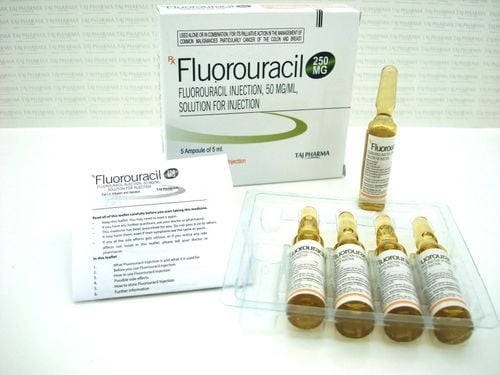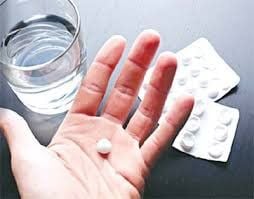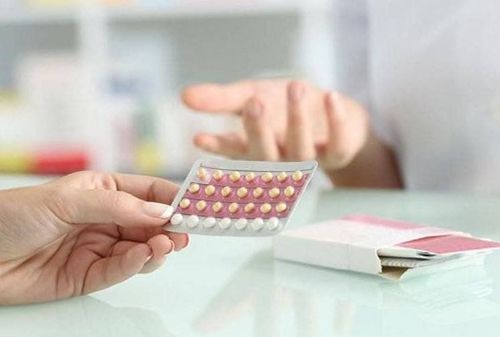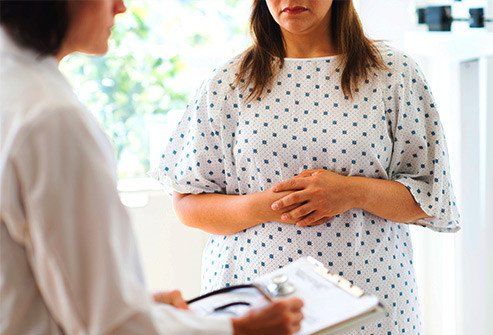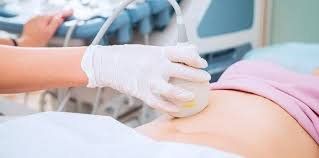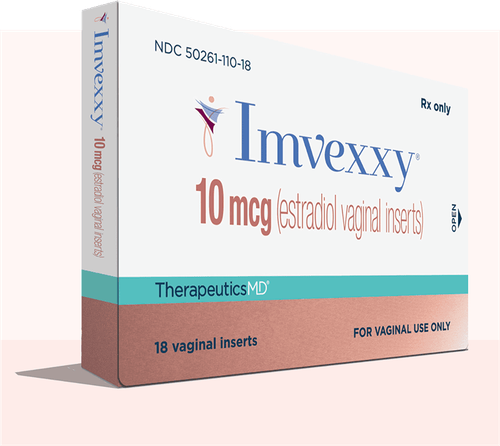This is an automatically translated article.
Hormone replacement therapy (HRT) is commonly used to slow a woman's menopause. In addition to the benefits achieved in reducing menopausal symptoms, this therapy also contains many health risks.
1. Benefits of Hormone Replacement Therapy (HRT)
Hormone replacement therapy (HRT) works:
Reduces hot flashes and night sweats Improves quality of sleep Reduces vaginal itching and dryness Reduces pain during sex What hormone replacement drugs do many more important benefits to the body of a woman after menopause. Studies show that hormone replacement therapy after menopause:
Helps prevent osteoporosis-related fractures Reduces the risk of heart disease in some women Reduces the risk of dementia
2. Risks of hormone replacement therapy (HRT)
According to some studies, hormone replacement therapy may slightly increase the risk of cardiovascular disease, breast cancer, and stroke in postmenopausal women who are taking a combination of estrogen and progestin (a form of progesterone). However, the majority of subjects are over 60 years old which may reduce the validity of the study results.The benefits may outweigh the risks, but hormone replacement therapy can still increase the risk of these conditions:
Endometrial cancer (using estrogen without a progestin) Blood clots Stroke Breast cancer
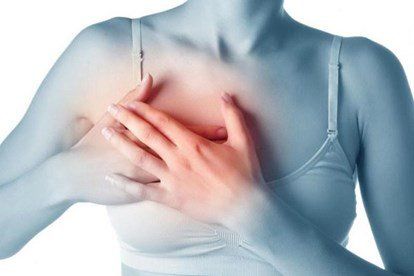
Rủi ro của liệu pháp thay thế hormone (HRT) có thể gây ung thư vú
3. Biological hormone replacement therapy
Biological hormone replacement therapy has been shown to be safer and more effective than traditional hormone replacement therapy.
Therapy using naturally produced estrogen and progesterone, of plant or animal origin. Chemically, hormones are structurally similar to hormones in the body.
4. How can the risks of hormone replacement therapy be reduced?
Use of the following measures may reduce the risk of hormone replacement therapy (HRI):
Start HRI within 10 years of menopause or before age 60 Use lowest dose for the shortest amount of time Take progesterone or a progestin if you still have a uterus Ask about other forms of HRT use besides pills like patches, gels, sprays, vaginal creams, vaginal suppositories or rings Mammograms and regular gynecological examination
5. Who should not use hormone replacement therapy
Who should not use hormone therapy are women who have had the following diseases:
Breast cancer Endometrial cancer Ovarian cancer Unexplained vaginal bleeding Blood clots Stroke Liver disease
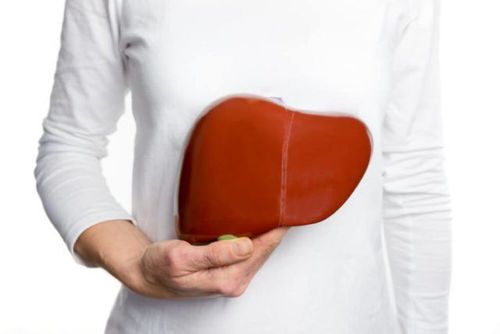
Phụ nữ mắc bệnh lý gan không nên sử dụng liệu pháp thay thế hormone
6. What to ask about hormone therapy when seeing a doctor? Before you see your doctor, you should prepare a list of questions in advance to better understand hormone therapy and the benefits and risks of before making a decision:
Based on medical history (if these conditions are present). have had), are there reasons to be aware of if I want to use hormone therapy? Does hormone therapy really relieve hot flashes, trouble sleeping, and vaginal dryness? Can I use other treatments (vaginal moisturizers, gels, sprays, topicals, ...)? Are there any side effects from using HRT (about symptoms that occur while using oral contraceptives)? Does my family history (eg mother has breast cancer, ...) affect if I use HRT? What type of HRT treatment is best for me?
Please dial HOTLINE for more information or register for an appointment HERE. Download MyVinmec app to make appointments faster and to manage your bookings easily.
Reference source: webmd.com




